Just last Sunday, Egyptian President President Abdel Fatah al-Sisi admitted that “innocent youths” may be held in Egyptian prisons, suggesting he would work for their release.
The very next day, however, a Cairo court sentenced prominent Egyptian activist Alaa Abd El Fattah to five years in jail and fined him the equivalent of $13,000.
El-Fattah is a well-known activist and blogger whose name became synonymous with Tahrir Square during Egypt’s revolution of 2011. He was arrested in November 2013 after organizing a protest against the new constitution, which allows for civilians to be tried in military courts.
Ahmed Abdel Rahman, another defendant arrested at the same street protest, received the same sentence, and roughly two dozen others were given three-year sentences and similar fines.
Earlier this month, RePRESSed reported that prominent Egyptian pro-democracy activist, Ahmed Douma, had been handed a life sentence for violating Egypt’s anti-protest laws, and 229 others were sentenced in absentia to life in prison and fined him 17 million Egyptian pounds–that’s $2 million U.S.
Rights groups have been vocal in their opposition to the political climate in Egypt since Sisi came to power after the 2013 uprising that toppled Mohamed Morsi.
This week, Hussein Magdy of the Egyptian Commission for Rights and Freedoms spoke with the international advocacy group CIVICUS about the challenges rights defenders in Egypt now face.
“The current regime exercises full control over political liberties enjoyed in the public sphere and orchestrates an intensified crackdown on CSOs [civil society organizations] and HRDs [human rights defenders],” Hussein Magdy of the Egyptian Commission for Rights and Freedoms told the international advocacy group CIVICUS.
“The authorities have institutionalized arbitrary restrictions on civil society operations by proposing legal provisions that contradict Egypt’s international human rights obligations,” he said.
He said there have been numerous instances in which authorities have threatened to close down CSOs.
“They have also issued harsh prison sentences and pecuniary fines on HRDs for their peaceful advocacy activities. In its current state, it is fair to say that Egyptian civil society is going through a severe human rights crisis.”
In 2002, Egypt passed a new law regulating non-governmental organizations (NGOs), which Magdy calls one of the most restrictive NGO laws in the world.
“This law gives the state full authority to the state to impose unwarranted restrictions on freedom of association,” he told CIVICUS.
Added to that, a new draft NGO law is being considered which, if passed, Magdy says would “practically make it impossible to peacefully associate for any human rights cause” because it would allow the state to shut down non-compliant NGOs, restrict their funding and impose harsh fines for violations, up to three years in jail and heavy monetary fines.
Egypt’s human rights crisis, the most serious in the country’s modern history, continued unabated throughout 2014. The government consolidated control through constriction of basic freedoms and a stifling campaign of arrests targeting political opponents. Former Defense Minister Abdel Fattah al-Sisi, who took office in June, has overseen a reversal of the human rights gains that followed the 2011 uprising. – HRW World Report 2015: Egypt
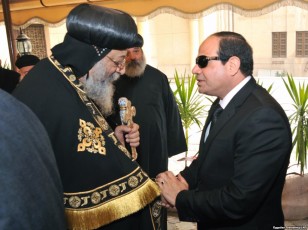
Egyptian President Abdel-Fattah el-Sissi, right, offers his condolences to Egypt’s Coptic Pope Tawadros II at Saint-Mark’s Coptic Cathedral in Cairo’s al-Abbassiya district, Feb. 16, 2015.
Magdy says rights groups and CSOs have continued to campaign for the repeal of these laws and are calling on the international community to speak out and take action.
The United States has come under criticism for failing to speak out more strongly against human rights abuses in Egypt.
“Cases that go after individuals for using freedom of expression and freedom of speech are of concern to us,” State Department spokeswoman Jen Psaki told reporters Monday.
But Egypt has emerged as an important partner in the fight against the Islamic State, particularly after jihadists beheaded 21 Egyptian Copts in Libya earlier this month, and stands to play an even greater role in preventing its spread into North Africa.
And, as Washington Times noted this week, all this puts the U.S. in a bit of a pickle.

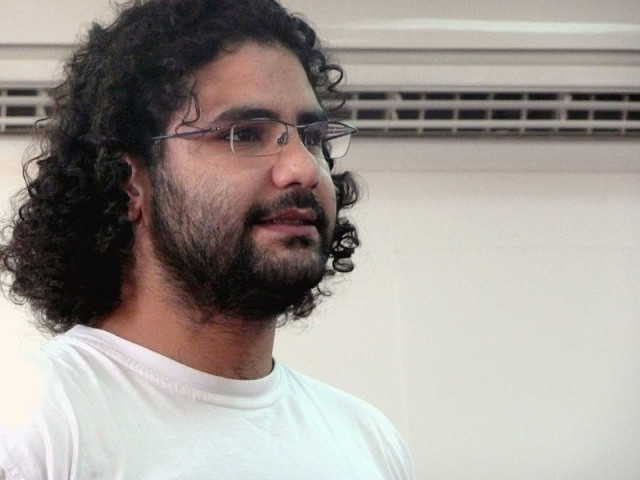


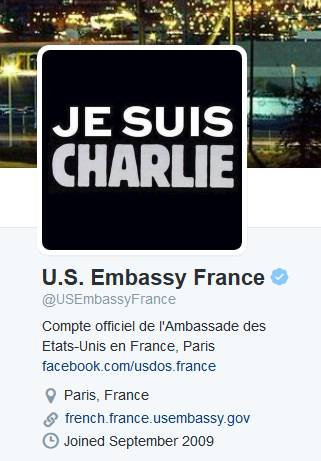
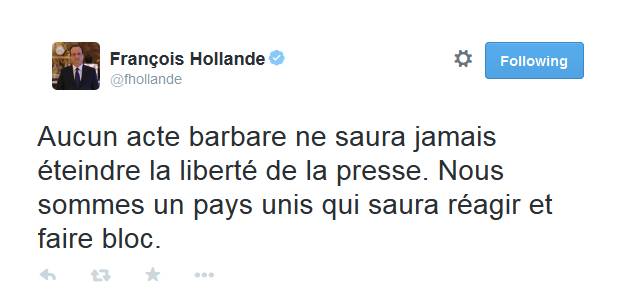
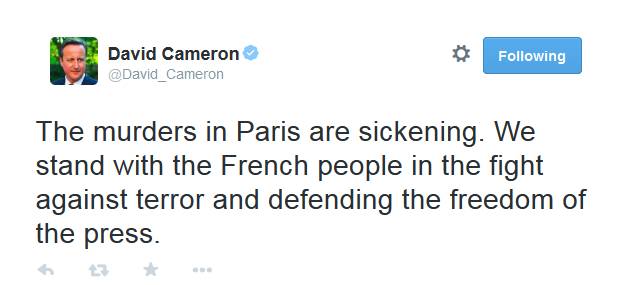
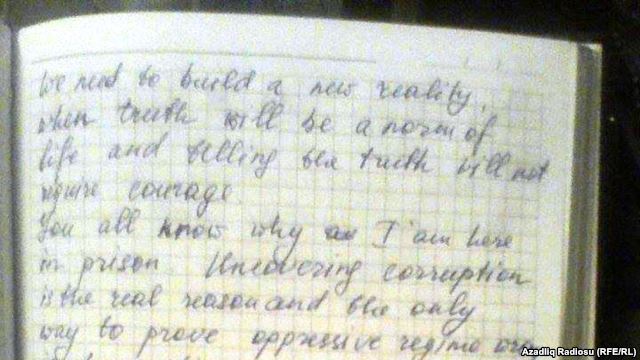
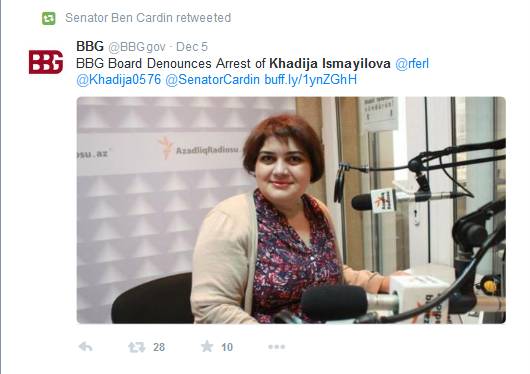
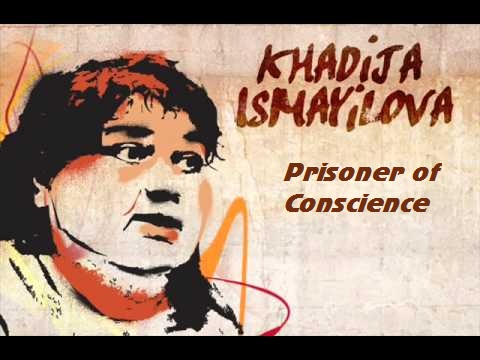



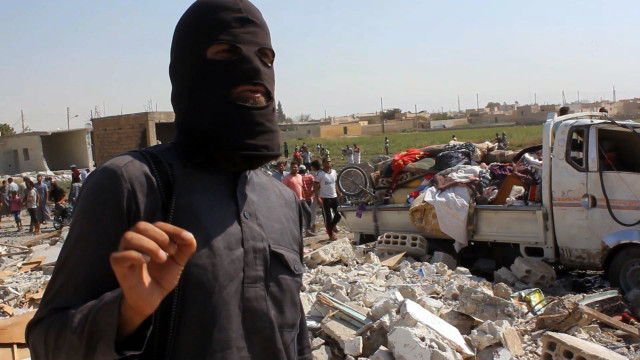
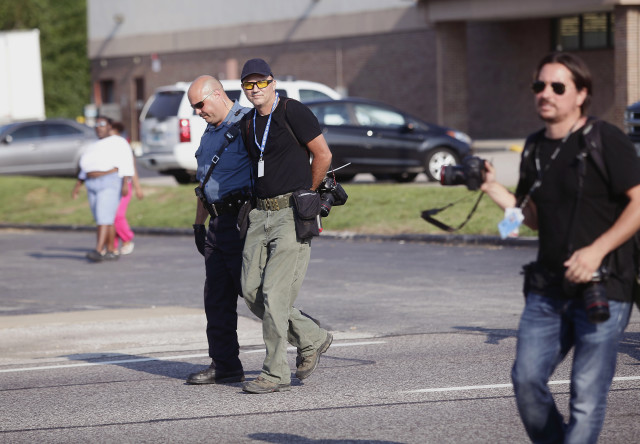
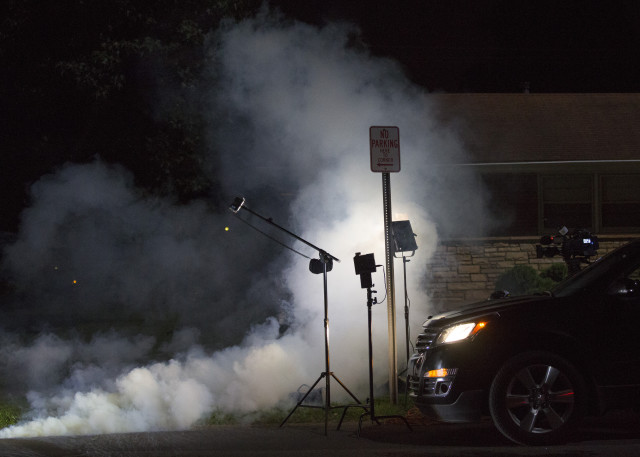
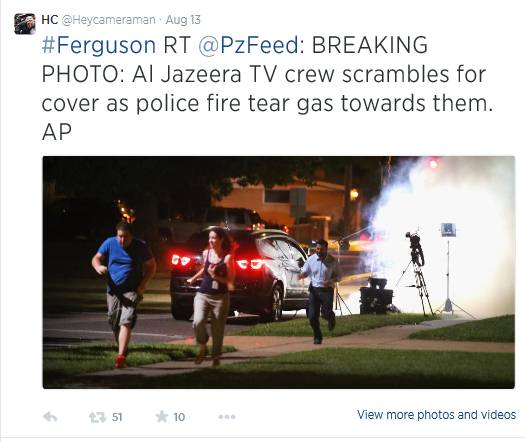
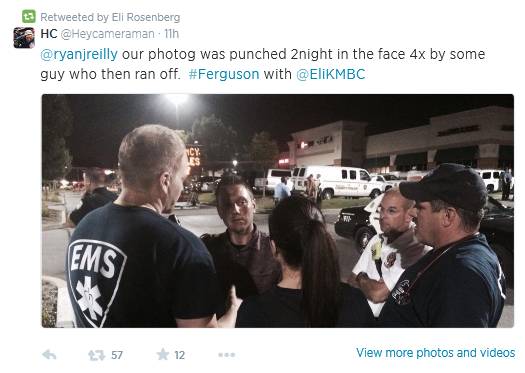 President Barack Obama expressed his concern in a statement on Wednesday:
President Barack Obama expressed his concern in a statement on Wednesday: